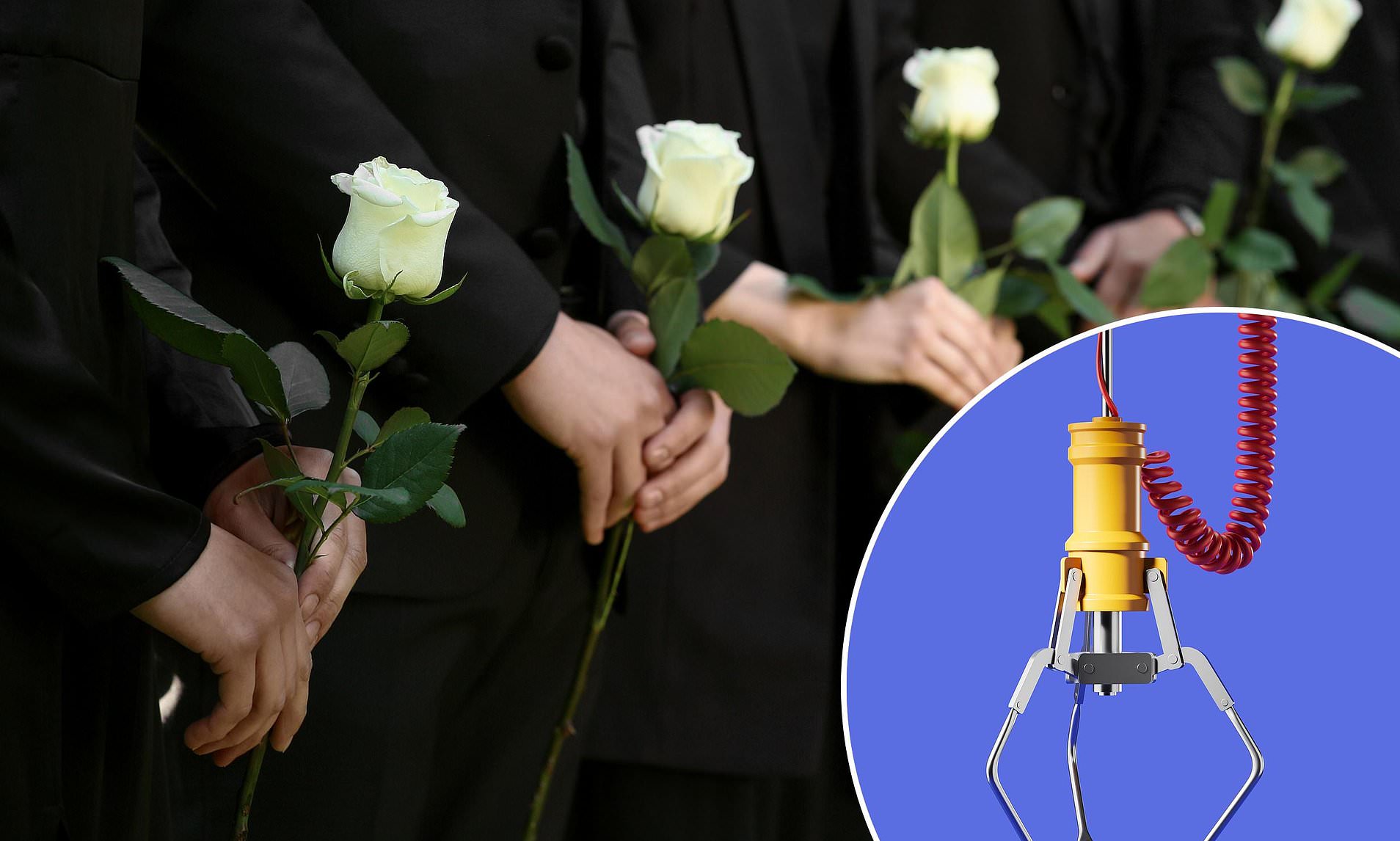Families of Young Deaths Face Inheritance Tax Impact

Changes to Pension Inheritance Tax Rules
Starting in April 2027, a significant change is coming to how inheritance tax (IHT) will be applied to pension savings. Under the new rules, any unused pension funds left by someone who passes away before the age of 55 could be subject to IHT. This has sparked widespread criticism from financial experts and individuals alike, with many calling the policy "unbelievably unfair" and "abhorrent."
Currently, most people must wait until they are 55 to access their private pensions, or face hefty tax penalties. The minimum pension age is set to increase further in 2028, rising from 55 to 57. There are limited exceptions for those in certain public service roles or those with terminal illnesses, but for the majority, early access to pensions is not an option.
The government’s decision to apply IHT to unused pension pots has raised concerns about double taxation. If a person dies over the age of 75, their beneficiaries may also have to pay income tax on the pension withdrawals. For a 40% taxpayer, this could result in an effective tax rate of 64%. The complexity of these rules has led to confusion and frustration among savers.
Impact on Families and Individuals
The changes create a new "cliff edge" IHT threshold at the minimum pension age, which could be particularly harsh for families where a loved one dies just after turning 55. This could make the rules more complicated and potentially unfair for those who die shortly after reaching the age limit.
Despite the backlash, the government has confirmed its plans to proceed with the changes, including the potential for a "double tax" hit on some estates. However, it has exempted "death in service" benefits from IHT, following pressure from unions and other groups.
Financial experts argue that taxing pensions before they can be accessed is not only unfair but also discourages long-term saving. Ian Cook, a chartered financial planner, stated that charging IHT on an asset that individuals are automatically enrolled into before retirement is "abhorrent." He emphasized that this could send the wrong message to the public, suggesting that saving for retirement is not worth the effort.
Caitlin Southall, a director at WBR Groupm, echoed these sentiments, saying that including unused pension funds in IHT is "unbelievably unfair." She added that the government should encourage responsible retirement planning without creating unnecessary barriers.
Practical Implications of the Changes
The new rules will complicate the process of applying IHT to pensions. Currently, death benefits from pensions are usually paid without IHT, but under the changes, the value of these funds could be included in the estate. This would leave executors and beneficiaries facing difficult decisions on how to settle the bill.
Jon Greer, head of retirement policy at Quilter, noted that there are three main ways to pay the IHT: from the free estate, directly from the pension, or out of the beneficiary's own pocket. He also highlighted the importance of considering the age 75 threshold, as income tax starts to apply at that point.
For those under 55, there may be options to avoid IHT, such as classifying payments as death-in-service benefits. However, if someone under 55 is caught by the new regime, the optics could be problematic, especially for grieving families.
Strategies to Avoid Inheritance Tax on Pensions
Many savers with larger pensions are looking for legitimate ways to avoid the new IHT levy. Here are some strategies:
-
Spend or Gift: If you can afford it, consider spending or gifting as much of your pension as possible while avoiding a large income tax bill. Recent research shows that some savers plan to spend their pensions on holidays and other expenses.
-
Gifting from Surplus Income: You can gift money from surplus income, which remains IHT-free if you can prove it comes from actual surplus.
-
Life Insurance in Trust: Purchasing life insurance and placing it in trust can provide a tax-free payout to your loved ones. However, premiums can be high, especially as you age.
-
Leave to Spouse: Leaving more or all of your estate to your spouse allows them to benefit from IHT-free transfers. Some experts suggest this could lead to a rise in marriages or civil partnerships.
-
Annuity Purchase: Buying an annuity is another option that can help reduce the impact of IHT. However, it’s important to understand the risks and benefits.
It’s also important to note that moving pension funds into stocks and shares ISAs is not a foolproof solution, as these accounts are still subject to IHT.
Understanding Inheritance Tax
Inheritance tax is levied at 40% on estates above a certain threshold. For single individuals, the threshold is £325,000, and for married couples or civil partners, it is £650,000. A further allowance, the residence nil rate band, increases the threshold by £175,000 for those leaving their home to direct descendants.
This creates a potential maximum joint IHT-free total of £1 million. However, this allowance begins to decrease once an estate reaches £2 million, with the full allowance disappearing by £2.3 million.
Chancellor Rachel Reeves has announced that these thresholds will remain frozen until 2030. Savers should carefully consider their estate planning to ensure their loved ones are not burdened with unexpected IHT liabilities.
Post a Comment for "Families of Young Deaths Face Inheritance Tax Impact"
Post a Comment